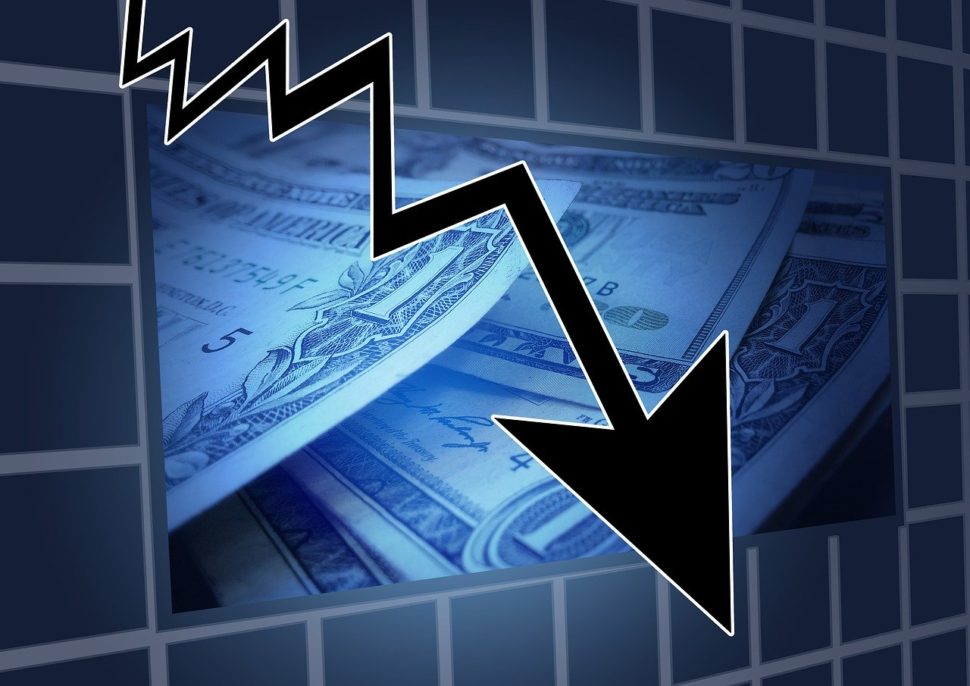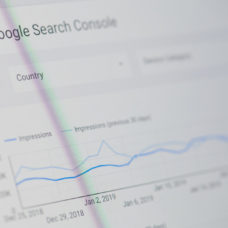The current coronavirus pandemic could be worse for advertising and media than the last recession.
As the novel coronavirus continues to spread across the United States, talks of a recession have become inevitable. While the time of its arrival is still up for debate, now one can deny that an economic slowdown is coming.
Following the last recession in 2008, ad spending in the U.S. dropped by 13 percent.
When we break this down by medium, newspaper ad spending dropped the most at 27 percent, followed by an 18 percent decline in magazine ads. Out-of-home and television ad spend fallen by 11 percent and 5 percent respectively.
Meanwhile, online advertising also reduced by 2 percent during the 2008 recession.
According to the research firm, eMarketer:
“The Great Recession was a low point in the recorded history of advertising. Total media ad spending declined for two straight years in the U.S., and digital ad spending even dropped in absolute terms in 2009, the only time that’s ever happened.”
Indeed, it was a challenging time for advertising and media. But as bad as the numbers may seem, the report suggests that the impending coronavirus recession could be the worst.
Let’s consider the figures.
How Coronavirus Could Impact Advertising
Advertising and marketing executives expect the effects of coronavirus to surpass the previous recession.
In an IAB survey of over 400 participants, 70 percent have either adjusted or paused their planned ad spend for half of the year. At the same time, another 16 percent are determining what actions to take. Of those, 24 percent have pulled the entire ad budgets.
Roughly 75 percent of the participants expect the coronavirus recession to be worse than the 2008-09 recession.
Recent data already indicates a drop in ad spend. According to IAB, digital ad spend is down 33 percent while traditional media is down 39 percent.
A previous eMarketer projection expects global ad spending to decrease by $20 billion. However, this figure may be a bit conservative considering how long the global lockdown has dragged on.
Read More: SEOs Consider the Effects of COVID-19 on Search
To be fair, eMarketer’s finalized its ad spending forecast in early March, and it was based on the effects of COVID-19 in China. Since then, the pandemic has caused lockdown in more parts of Europe and the U.S.
Managing director of The International Monetary Fund, which surveils the global economy, Kristalina Georgieva said in a podcast:
“I stress there is tremendous uncertainty around the outlook. It could get worse depending on many variable factors, including the duration of the pandemic.”
The pandemic is expected to hit even Google — which holds a considerable share of the online ad market.
According to an investment analyst at MKM Partners, Rohit Kulkarni, the company’s ad revenue should drop by 20 percent in 2020. After that, it’ll reduce by another 8 percent in 2021.
Google’s revenue fell by 15 percent in two years, during the last recession, says Kulkarni. However, it was a less diversified company at the time, with YouTube and cloud services still growing to become parts of the business.
The projections could change depending on how the severity of the recession is and turns in consumers’ spend.



















Comments (0)
Most Recent